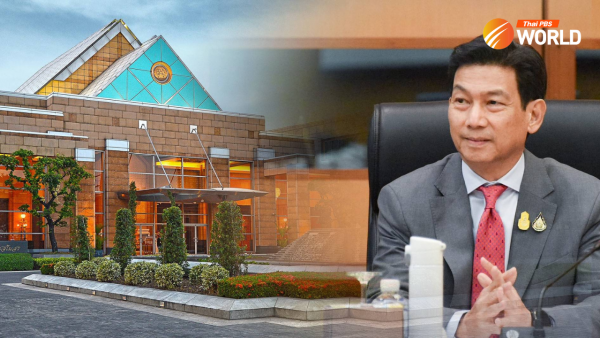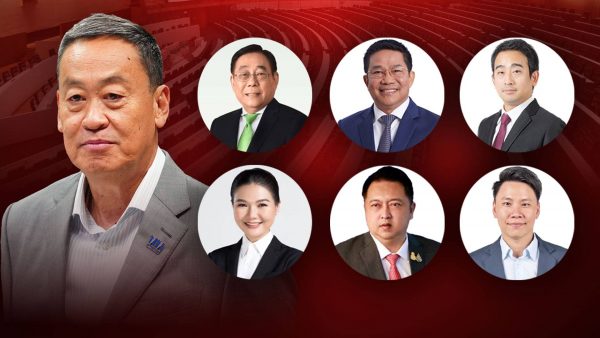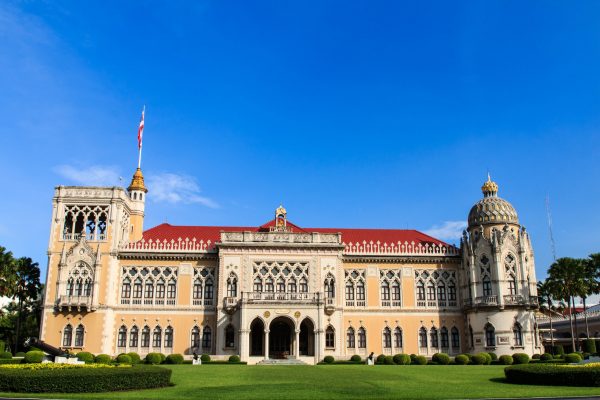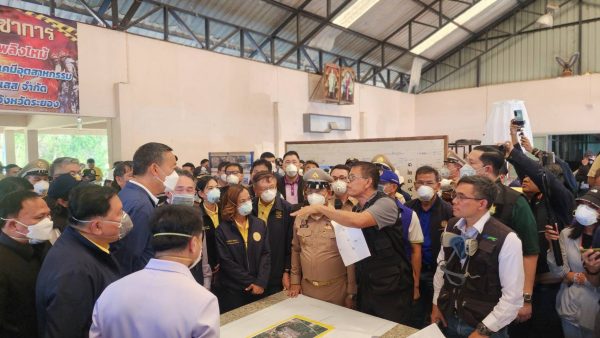Potential coalition formulae for the new Thai government

As no party is likely to win an absolute majority in the 500-member House of Representatives, a new coalition government will need to be formed and there are some potential coalition formulae.
Since senators’ votes are still needed for the approval of the appointment of Thailand’s 30th prime minister, parties which form a coalition government need their support if they cannot muster more than half of the 750 combined votes of the House and the Senate.
The first potential coalition is of all the current opposition parties, with Move Forward at the core. Their combined votes, however, are still short of the 375 votes required for the endorsement of their prime ministerial candidate. So, this formula will not work, according to Associate Professor Pichai Rattanadilok Na Phuket, a lecturer at the National Institute of Development Administration (NIDA).
Given the Move Forward party’s strong stand on not associating with either the Palang Pracharath or United Thai Nation parties, the alternative formula is to bring in another party from the conservative bloc, either Bhumjaithai or the Democrats.
If the Bhumjaithai party is brought in, the coalition, led by Move Forward, will comfortably have the votes for its leader, Pita Limjaroenrat, to be appointed prime minister, without needing support from the Senate.
There may be a problem with the choice of Bhumjaithai, however, because the party may bargain for control of Grade A ministries, such as Public Health, Transport and Tourism and Sports.
The other option is to bring in the Democrats, but the votes would still fall short of the 375 votes needed for the approval of the prime ministerial candidate. So, two more parties, namely Chartthaipattana and Chart Pattana Kla, could be invited, but the coalition would still be short of votes, said Associate Professor Pichai.
This coalition would need the support of some 30 senators, which is quite possible, he said.
Another potential formula is a coalition of the current government parties, which will have a combined vote of about 240 MPs and the support of at least 135 senators plus some rebel MPs from the opposite camp. Pichai dismisses this scenario as impossible though.
Another extreme formula involves isolation of the Move Forward and the United Thai Nation parties by the rest, which could join hands to form a new government, said Pichai.
The worst case scenario is that there is no coalition government with at least 376 votes that can assure the approval of their prime ministerial candidate, which may finally lead to House dissolution and fresh general election, said Pichai. There is, however, a provision in the Constitution for the appointment of an outsider as prime minister, to put an end to a political impasse.
According to Section 121 of the Constitution, 15 days after the official announcement of the election results, the first joint meeting of the House and Senate must be held to elect the House Speaker, who will double as president of the parliament.
Then the process to appoint the prime minister will begin. Since the charter does not set a time limit for this and the formation of the new government, the process can drag on and the incumbent government will function until the new cabinet takes the oath and enters office.
If there is no problem with this process, a new government could assume office around August, said Pichai.






